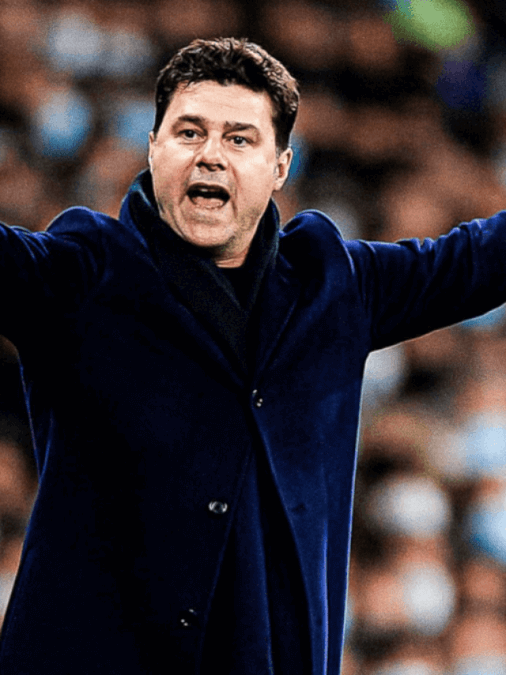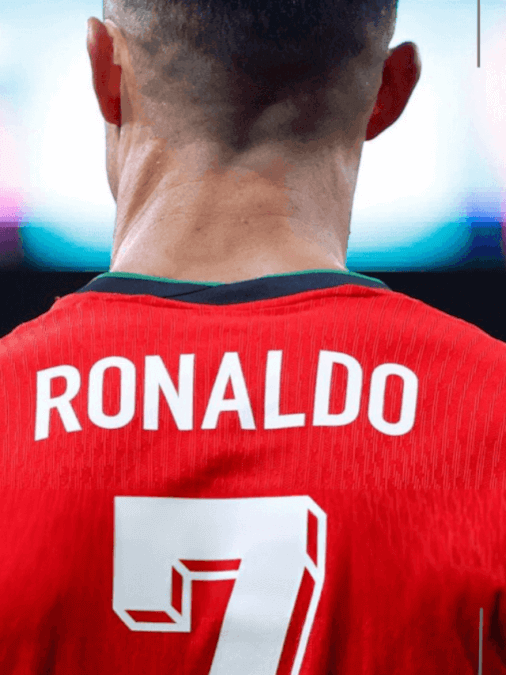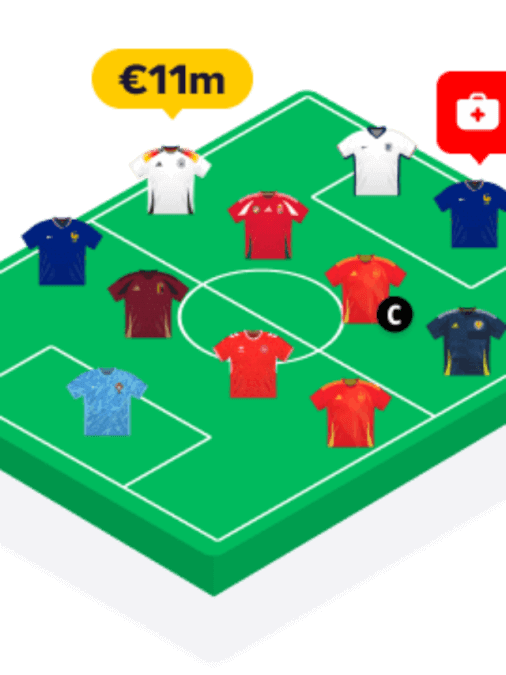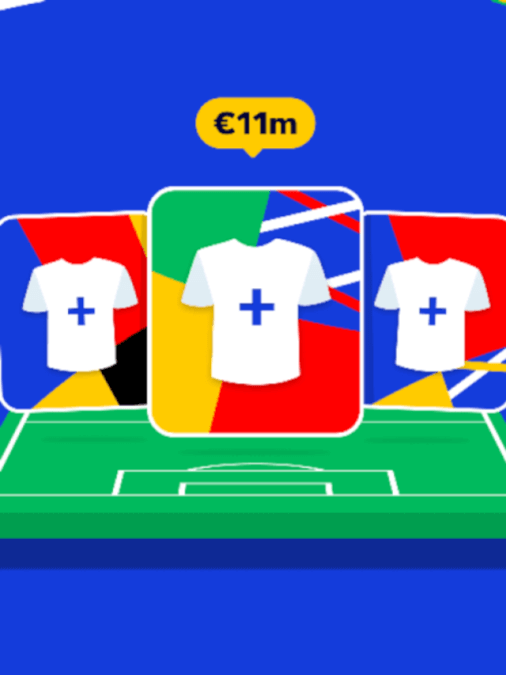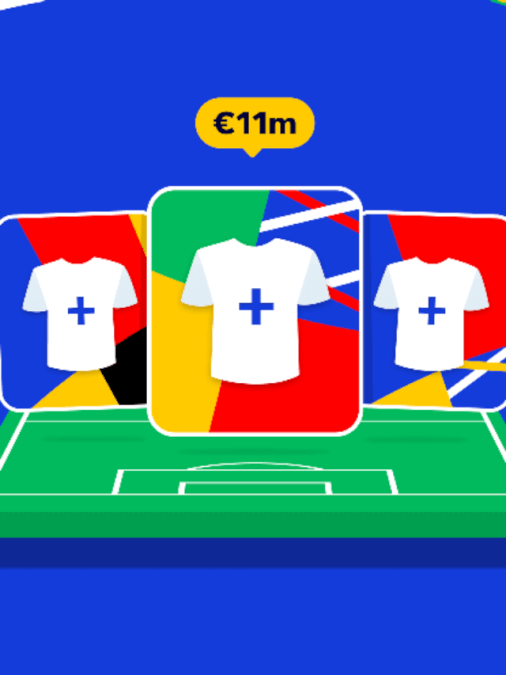Choosing the right football (soccer) position early on in a child’s development is crucial for their growth, skill-building, and overall enjoyment of the sport.
By finding the position that best matches a player’s physical and mental strengths, young footballers can better focus their training, gain confidence, and develop essential skills.
In this article, we’ll explore why identifying the right football position early in a child’s career is vital and how it impacts their long-term development.
For those unsure about which position their child should focus on, try our Youth Football Player Position Suggestor for personalized advice.
Early Identification and Its Impact on Skill Development
One of the biggest advantages of finding the right football position early is that it allows young players to hone position-specific skills.
For example, goalkeepers need to work on their reflexes, agility, and diving skills, while midfielders focus on passing accuracy, vision, and stamina.
Knowing which position to focus on helps young players tailor their training to improve the skills that are most relevant to their role on the pitch.
If you’re looking to build foundational skills regardless of position, check out these 9 Essential Drills for Young Footballers to Develop Ball Control, which cover key exercises every footballer should master.
Targeted Training
When a player knows their role, their training becomes more focused and efficient. Rather than practicing general skills, they can work on drills tailored to their specific position.
This specialization not only accelerates skill development but also gives players a sense of purpose and direction.
For instance, players in defensive positions can practice tackling techniques, marking strategies, and aerial duels, while forwards can work on finishing drills, one-on-one situations, and shooting accuracy.
Confidence and Role Clarity
Young footballers who are clear about their position gain confidence by knowing exactly what their role is in a match.
This clarity reduces confusion, allowing them to focus on their tasks and execute them better. Confidence is a key factor in youth development because it encourages players to take initiative and play with determination.
Team Contribution
Understanding their position also helps players see how they fit within the broader team strategy. For instance, defenders will understand the importance of maintaining the backline, while midfielders will learn to connect defense and attack.
This sense of contribution to the team boosts a player’s confidence and reinforces their importance on the pitch.
Knowing your child’s strengths is key to guiding them toward the right role. If you’re unsure where they fit best, use our Football Player Position Finder to help.
Physical Development and Position Matching
Every football position demands a different combination of physical attributes, and finding the right match early on can be crucial to a young player’s success.
Some players are naturally more agile, while others might be stronger or taller. Matching these physical attributes to the demands of a position allows a player to maximize their potential.
For instance:
- Goalkeepers benefit from height, reach, and agility.
- Defenders often need physical strength and positioning.
- Wingers thrive on speed and dribbling skills.
- Midfielders need endurance and passing accuracy.
For a detailed breakdown of how body types fit different positions, check out The Best Football Positions for Different Body Types in Youth Football.
Long-Term Development and Specialization
When a player starts working on a specific position early in their development, they have more time to master the skills required for that role.
Over time, they’ll develop a deep understanding of the nuances of their position, making them more effective during matches.
Avoiding Over-Generalization
Switching positions too frequently can prevent young players from developing expertise in any one role. While flexibility is important, too much generalization can delay the acquisition of specialized skills needed for long-term success in football.
For more on training exercises that help youth players excel in their positions, be sure to read Football Position Training Tips for Youth Players.
Mental Development and Game Awareness
As players spend more time in a particular role, they also develop the mental side of the game specific to their position.
For example, defenders learn to read the movements of opposing attackers, while midfielders focus on their awareness of space and passing options.
Decision Making
When players specialize early, they get accustomed to making quick decisions in situations that are specific to their position.
This enhances their ability to react in real-time during matches, which becomes a critical skill as they progress to higher levels of the game.
In addition, developing the right warm-up routine to prepare both the mind and body is essential for maximizing performance.
Learn about Fun and Effective Warm-Up Routines for Kids in Football to keep your young player ready and engaged before every game.
Preventing Burnout by Avoiding Position Confusion
Constantly shifting a young player between positions can lead to frustration, confusion, and even burnout.
Consistency helps players build confidence and prevents them from feeling overwhelmed by the demands of multiple roles.
Focusing on one position early on can keep the game enjoyable and rewarding, while still allowing players the flexibility to explore other roles later if desired.
Role of Coaches and Parents in Early Positioning
Parents and coaches play an essential role in observing a young player’s physical and mental attributes and guiding them to the right position. They should offer support while also respecting the player’s preferences.
Using Tools for Assistance
To make the process easier, parents and coaches can use our Football Player Position Finder to guide their young players towards the most suitable position based on their natural strengths and playing style.
Frequently Asked Questions (FAQs)
Q: Should my child try different positions before choosing one?
A: Yes, especially at younger ages. It’s important for players to gain exposure to different roles before specializing. However, once they show a natural affinity for a position, early specialization can be beneficial.
Q: What’s the best age for a player to settle into a position?
A: Around the ages of 12-14, players can begin to specialize based on their strengths. Before that, trying various positions is key to developing a well-rounded understanding of the game.
Q: How do I know which position suits my child best?
A: Consider your child’s physical traits, mental attributes, and personal preferences. You can also use our Youth Football Player Position Suggestor for personalized recommendations.
Key Takeaways
| Topic | Summary |
|---|---|
| Skill Development | Focus on position-specific skills from an early age. |
| Confidence and Role Clarity | Knowing your role boosts confidence and team play. |
| Matching Physical Development | Choose a position that fits the player’s body type. |
| Long-Term Mastery | Early specialization leads to positional expertise. |
| Game Intelligence and Decision-Making | Positioning helps refine game intelligence. |
By identifying the right football (soccer) position early in a child’s development, players can grow into confident, skilled, and well-prepared athletes. Be sure to explore our Football Player Position Finder to help guide your young player toward their perfect role.




